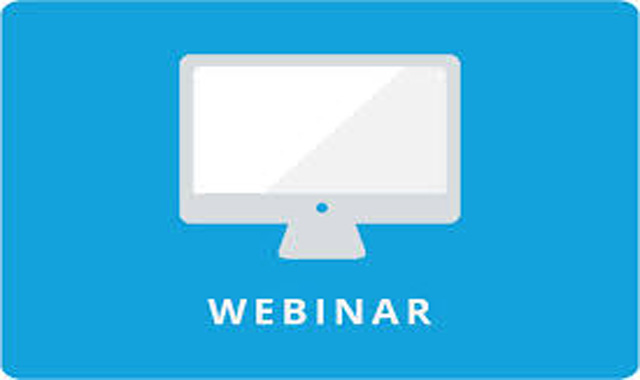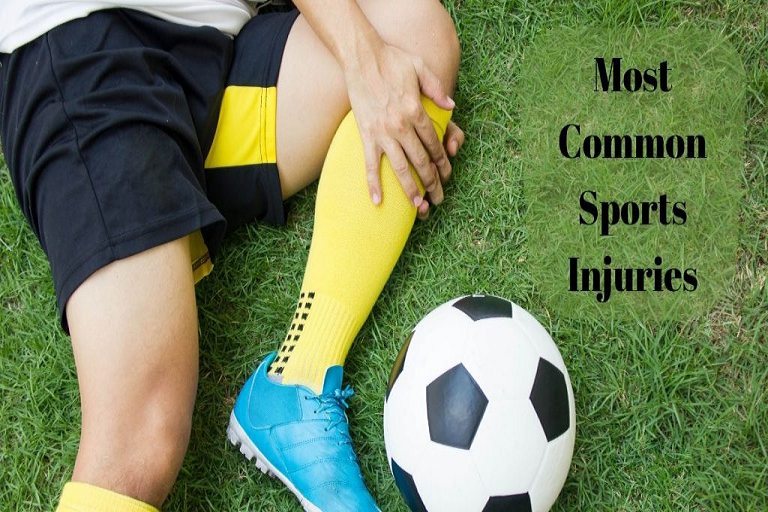Common Sports Injuries
Participating in sports is a good way to keep the body active and maintain fitness. However, athletic activity can also put unusual stress on the body, and injuries can result. Sports injuries can be either acute, meaning that they occur suddenly, or chronic, meaning that they develop over time. Both can be serious and affect your ability to participate in sports, but acute injuries are easier to identify and therefore may receive treatment more quickly.
Some athletic injuries occur more frequently than others. Here are some that you are most likely to encounter regardless of what sport you play.
Epicondylitis
There are several sports injuries that may affect the upper extremities. There are ways that you can protect your hands and arms, such as with custom baseball gloves. However, it is difficult to guard against epicondylitis, which results from frequent flexion and extension of the wrists. This repetitive motion causes the tendons in the arm to become irritated, which causes pain at their origination point just above the elbow. Medial epicondylitis occurs on the inside of the elbow, e.g., the side closest to the body when the arm is along its side with the palm out. Lateral epicondylitis occurs on the outside of the elbow. Medial and lateral epicondylitis are called golfer’s elbow and tennis elbow, respectively, but these are not the only activities that can cause the injury.
ACL Tear
There are several ligaments that hold the knee joint in place. One of the most significant is the anterior cruciate ligament. The ACL is located in the front of the knee and goes across the joint. A tear of the ACL can end your athletic career if it does not receive treatment, which usually involves surgery for a severe tear. An ACL tear is usually a traumatic injury. It can occur when you get hit hard in the knee from the side or from sudden stops or “cuts,” i.e., changes in direction while running.
Shin Splints
Frequent running puts pressure on the shin bones that can result in acute stress fractures called shin splints. These cause pain in the front part of the lower legs. Shin splints are treatable primarily with rest and avoidance of any activity that provokes the pain. It can take a long time to recover from shin splints, typically at least a month. While rest is the primary treatment modality, you can also use over-the-counter pain medication and ice to control the symptoms while you recover. If symptoms do not resolve after a month or so, you should see your doctor. You may be able to prevent shin splints by easing into a new training program that involves running.
Ankle Sprain
An ankle sprain is an injury to the ligaments that connect the foot to the shin. The ligaments on the outside of the foot are particularly susceptible to injury. They can become stretched or torn when the foot turns too far inward. Ankle sprains are considered less serious than fractures but can still take a long time to heal. It is important to follow your doctor’s instruction regarding avoidance of weight bearing or strenuous activity to prevent aggravation of your injury and allow it to heal. However, you should not eschew all exercise of the ankle while the sprain is healing or you could lose strength and flexibility, putting you at risk for further injury. You can receive instruction on acceptable forms of gentle exercise from your doctor or a physical therapist.
Concussion
Concussion is an injury that frequently occurs in contact sports. A concussion is a mild traumatic brain injury. Most people recover completely from a single concussion. However, evidence suggests that recurrent injuries can do long-term damage to the brain. A concussion occurs when an impact causes movement of the brain inside the skull. Symptoms include a temporary loss of consciousness, dizziness, headache, or sleepiness. If these symptoms are present, you should not resume the activity but see a doctor right away.
With treatment, many sports injuries resolve completely, allowing you to return to the activity. However, it is important not to ignore symptoms of an injury and keep playing, or you could injure yourself more seriously.































